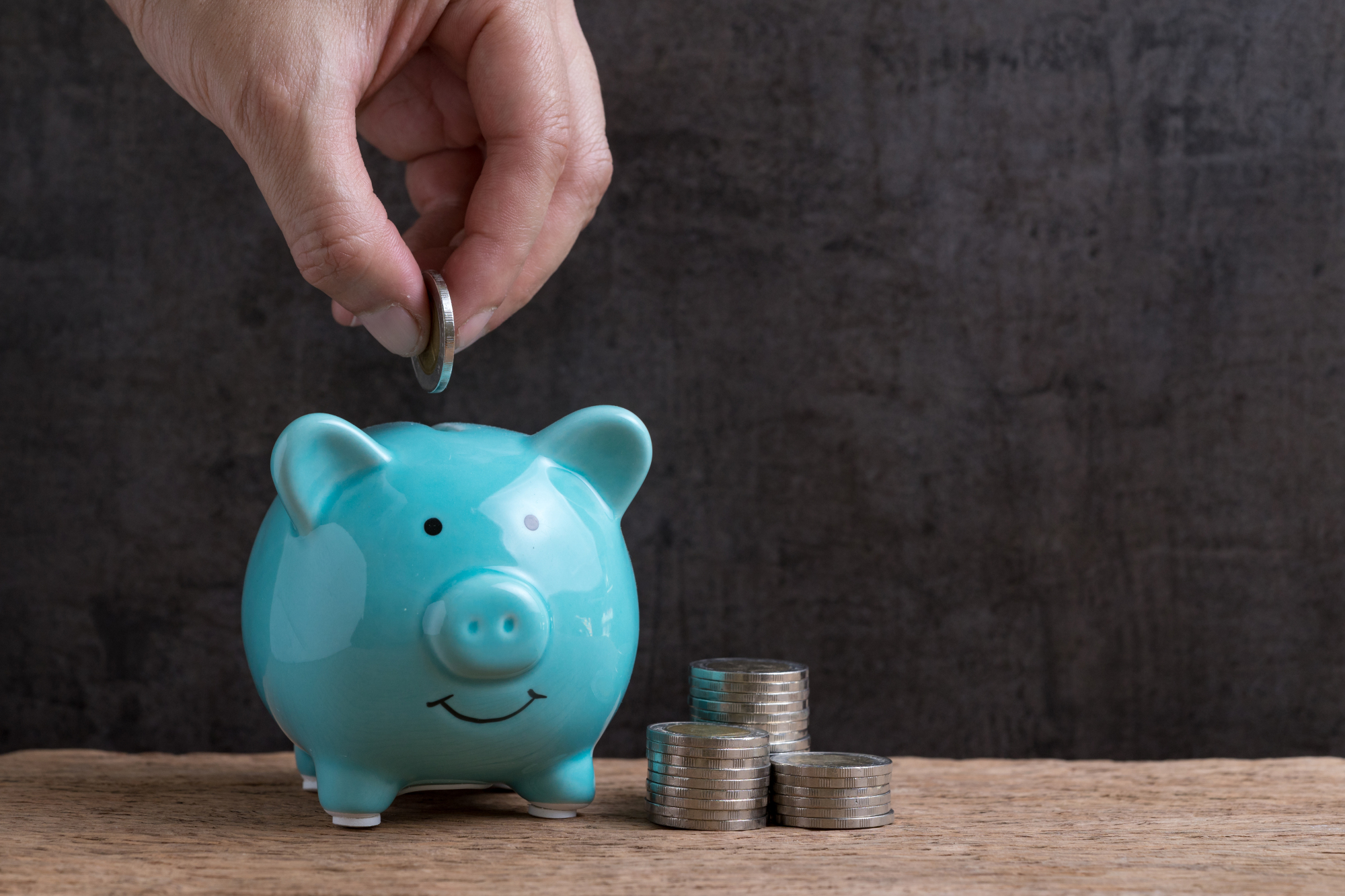Japan is back as No. 1. Yes, I know, Japan's gross domestic product has fallen behind China's and is now "only" the third-biggest in the world. But in the world of money, credit and investment, Japan is back in the No. 1 slot of being the world's largest creditor country. Make no mistake — China may be the factory of the world, but it is Japan that is the world's predominant source of saving and investments.
The numbers speak for themselves. At the end of last year, Japan owned net global assets of ¥328 trillion. Germany was the second-largest global creditor, owning ¥262 trillion, followed by China in third place, owning ¥205 trillion. Against the Japan-led phalanx of global creditors, we have the United States as the standout gigantic global debtor: At the end of last year, the U.S. owed ¥886 trillion to the world. America has accumulated more than 10 times more debt than the runner-up global debtor, France, at ¥63 trillion.
Japan's renaissance as the world champion surplus saver and source of financial capital is a key consequence of Abenomics and the domestic economic recovery. It has manifested itself in many different forms such as the fact that Japan's public pension investment fund is now the largest single global investor in U.S. equities; that SoftBank manages the world's leading global technology investment fund; that Japan has surpassed China to become the largest international investor in Australia; that Japan's mega-banks have been the dominant creditor in non-China Asia for three years running; that Japanese companies are on target for another record year of outward foreign direct investment, to name just a few of the big headline deals that have channeled Japan's domestic surplus savings into the world.



